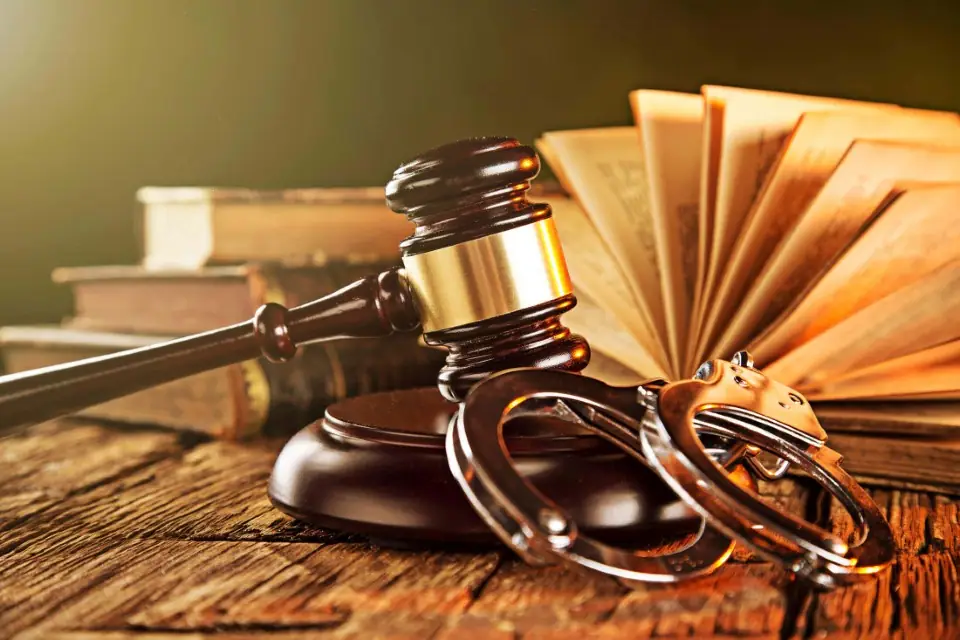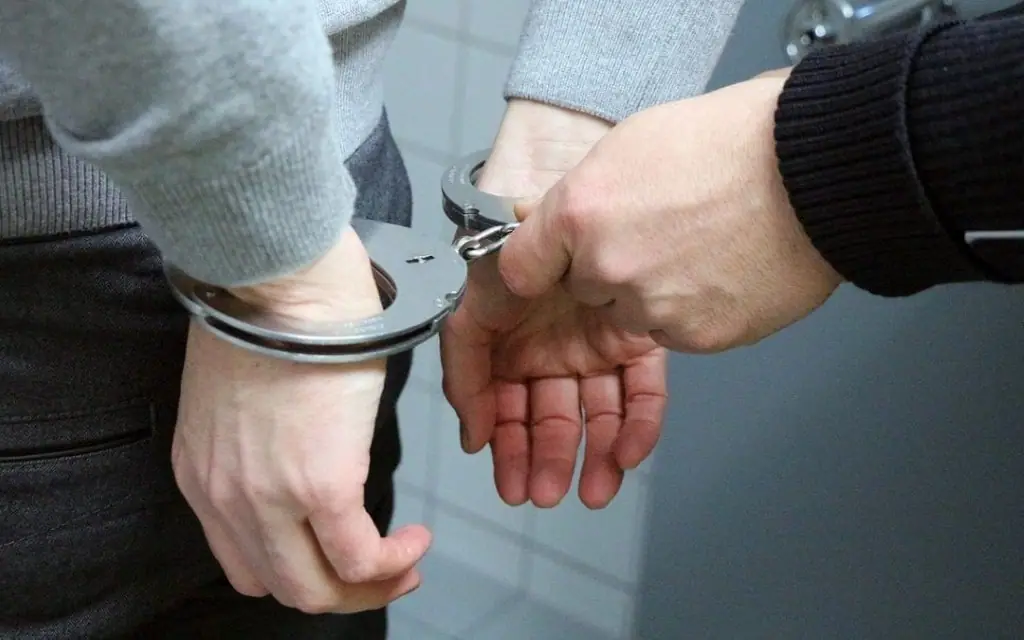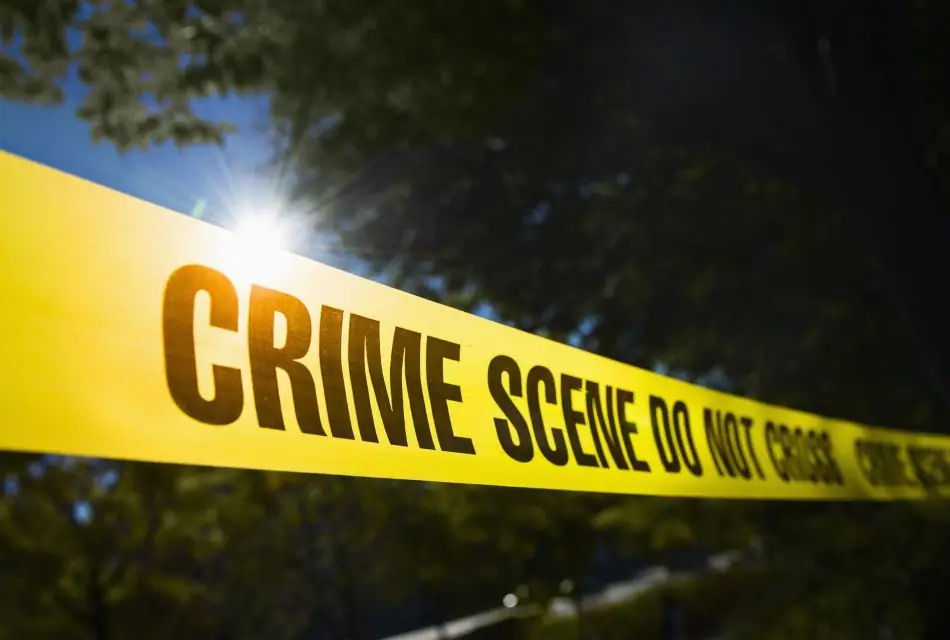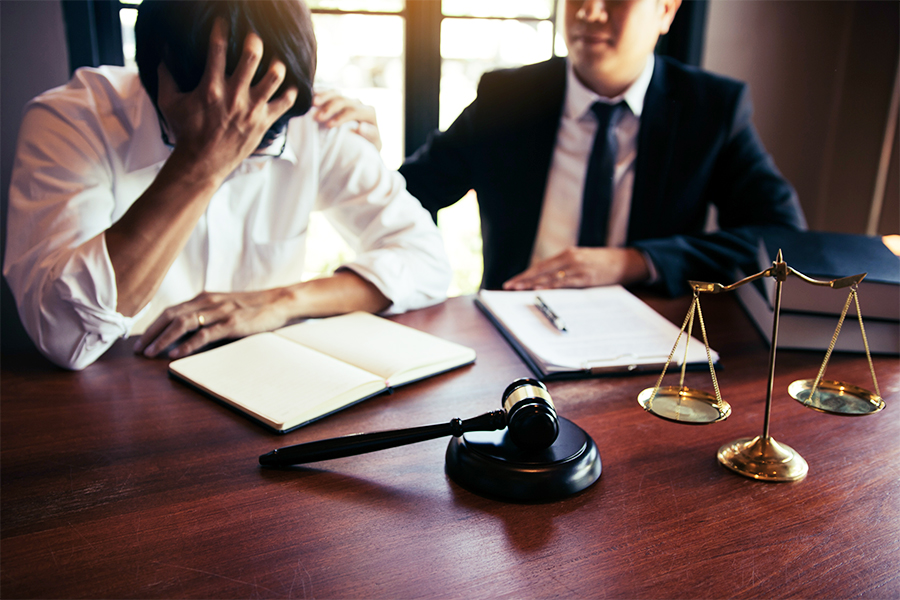Prosecutors play a crucial role in the criminal justice system, ensuring that justice is served and that those who commit crimes are held accountable for their actions. In this article, we’ll delve into the responsibilities and functions of a prosecutor, shedding light on their pivotal role in criminal cases.
The Prosecutor’s Mission
A prosecutor, often referred to as a district attorney or state attorney, serves as a legal representative of the government in criminal cases. Their primary mission is to seek justice and protect the interests of the public. This entails prosecuting those accused of committing crimes while upholding the principles of fairness and due process.
Bringing Charges: Initiating the Legal Process
The first and foremost duty of a prosecutor is to initiate the legal process against an individual or entity suspected of committing a crime. This initiation involves filing charges, which may stem from a police investigation or a complaint filed by a victim or witness. The prosecutor must carefully review the evidence and assess its strength to determine whether it justifies formal charges.
Prosecution Strategy: Building a Case
Once charges are filed, the prosecutor’s role becomes multifaceted. They are responsible for crafting a prosecution strategy, which includes gathering and presenting evidence, identifying witnesses, and formulating legal arguments. This stage requires the prosecutor to ensure that the case is built on a solid foundation, supporting the charges brought against the defendant.
Negotiating Plea Bargains: A Balancing Act
In many cases, prosecutors engage in negotiations with defense counsel to reach a plea bargain. A plea bargain involves the defendant agreeing to plead guilty to certain charges in exchange for a reduced sentence or lesser charges. This process can be a delicate balancing act, as prosecutors must consider the interests of justice and the need for efficient case resolution.
Trial Advocacy: The Courtroom Battlefield
When a case proceeds to trial, the prosecutor becomes an advocate for the government. They present evidence, examine witnesses, and make legal arguments to persuade the judge or jury of the defendant’s guilt beyond a reasonable doubt. This advocacy requires not only legal expertise but also strong communication and persuasion skills.
Sentencing Recommendations: Balancing Punishment and Rehabilitation
After a conviction, the prosecutor may make sentencing recommendations to the court. This involves providing information on the defendant’s criminal history, the severity of the crime, and any mitigating factors. The goal is to assist the court in making an informed decision on an appropriate punishment, which may include imprisonment, fines, probation, or rehabilitation programs.
Protecting Victims’ Rights
Prosecutors also have a duty to protect the rights of victims. This includes keeping victims informed about case developments, advising them on available resources and support, and representing their interests during legal proceedings. Victim advocacy is an essential aspect of the prosecutor’s role.
1. Can a prosecutor drop charges against a defendant?
Yes, a prosecutor has the discretion to drop charges, but this decision should align with the interests of justice. It may happen if new evidence comes to light, a witness recants, or the case lacks sufficient merit. However, prosecutors must act carefully to avoid potential abuse of their power.
2. What is the difference between a district attorney and a prosecutor?
The terms “district attorney” and “prosecutor” are often used interchangeably. However, a district attorney is typically the elected or appointed official who leads the prosecutor’s office in a specific jurisdiction, while a prosecutor is an attorney working within that office.
3. Do prosecutors only handle criminal cases?
Prosecutors primarily handle criminal cases, but they may also be involved in civil cases involving government agencies. In criminal cases, their focus is on proving guilt, while in civil cases, they represent the government’s interests in matters such as regulatory violations or civil lawsuits.
4. What is the role of a prosecutor in cases of wrongful conviction?
When evidence suggests a wrongful conviction, prosecutors have a responsibility to reexamine the case. They may work to have the conviction overturned, and if necessary, initiate a new trial. Ensuring justice is served is a vital part of their role, even if it means acknowledging past mistakes.
Conclusion
The role of a prosecutor in criminal cases is multifaceted and central to the functioning of the criminal justice system. They act as the voice of the government, seeking justice, protecting the public, and upholding the rule of law. From initiating charges to advocating in the courtroom and ensuring victims’ rights, prosecutors play a pivotal role in every stage of a criminal case. Their responsibilities demand a delicate balance between pursuing convictions and safeguarding the principles of fairness and due process, making their role both challenging and vital in the pursuit of justice.







